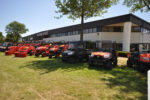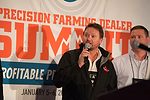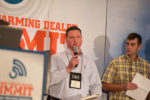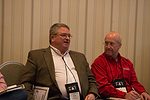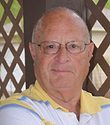Advertise Follow Us
Farm Equipment
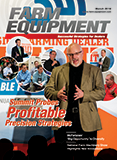
View Archived Issues
March 2016
Volume: 54
Edition: 3
Summit Probes Profitable Precision Strategies
-
Table of Contents
Table of Contents
Pushing the Limits of Product Diversity
Moving into a 209,000 square foot space is giving McFarlanes’ a big opportunity to expand its product offerings.Read MorePrecision Farming Dealer SummitRecord Crowd Gathers to Analyze Profitable Precision Strategies
First-ever Precision Farming Dealer Summit attracts sold out crowd of diverse dealers to share, learn and network.Read MorePrecision Farming Dealer SummitLearning from Mistakes Lays the Foundation for Profitability
After more than a decade running a precision farming dealership, Tim Norris shares secrets to his success and lessons learned.Read MorePFD Summit: Creating Precision Service Plans: Makes & Misses
With less equipment being rolled, precision service plan sales could see a shot in the arm. These dealers share their advice for getting them in place.Read MorePrecision Farming Dealer SummitInternal Management Challenges Still to Solve for Sustainable Precision Farming Service Plans
Read MorePFD Summit: Recruiting & Retaining Precision Farming Specialists
Knowing what traits to look for and where to find new employees is only the beginning. Keeping employees is a whole other battle.Read MorePFD Summit: Choosing a Profitable Path for Delivery of Data Management Service
With multiple entry points into this growing segment of precision farming business, 3 dealers share their strategies for creating a sustainable source of revenue.Read MorePrecision Farming Dealer Summit9 Benefits of Establishing a Standalone Precision Business
New Holland Rochester tripled precision sales and unlocked efficiencies by making its precision department into a business all its own.Read MorePrecision Farming Dealer SummitLooking for Long-Term Profitability? Do What You Do Best
Dealers must define their role and scope in precision farming to make a difference in their customers’ operations.Read MorePFD Summit: Developing Privacy Policies to Protect Customer Data
Solid privacy policies can ease tensions between dealers and their customers relating to data management and protect dealers from potential liability cases.Read More -
Featured Articles
Featured Articles
-
Online Extras
Online Extras
-
Products in Action
Products in Action


